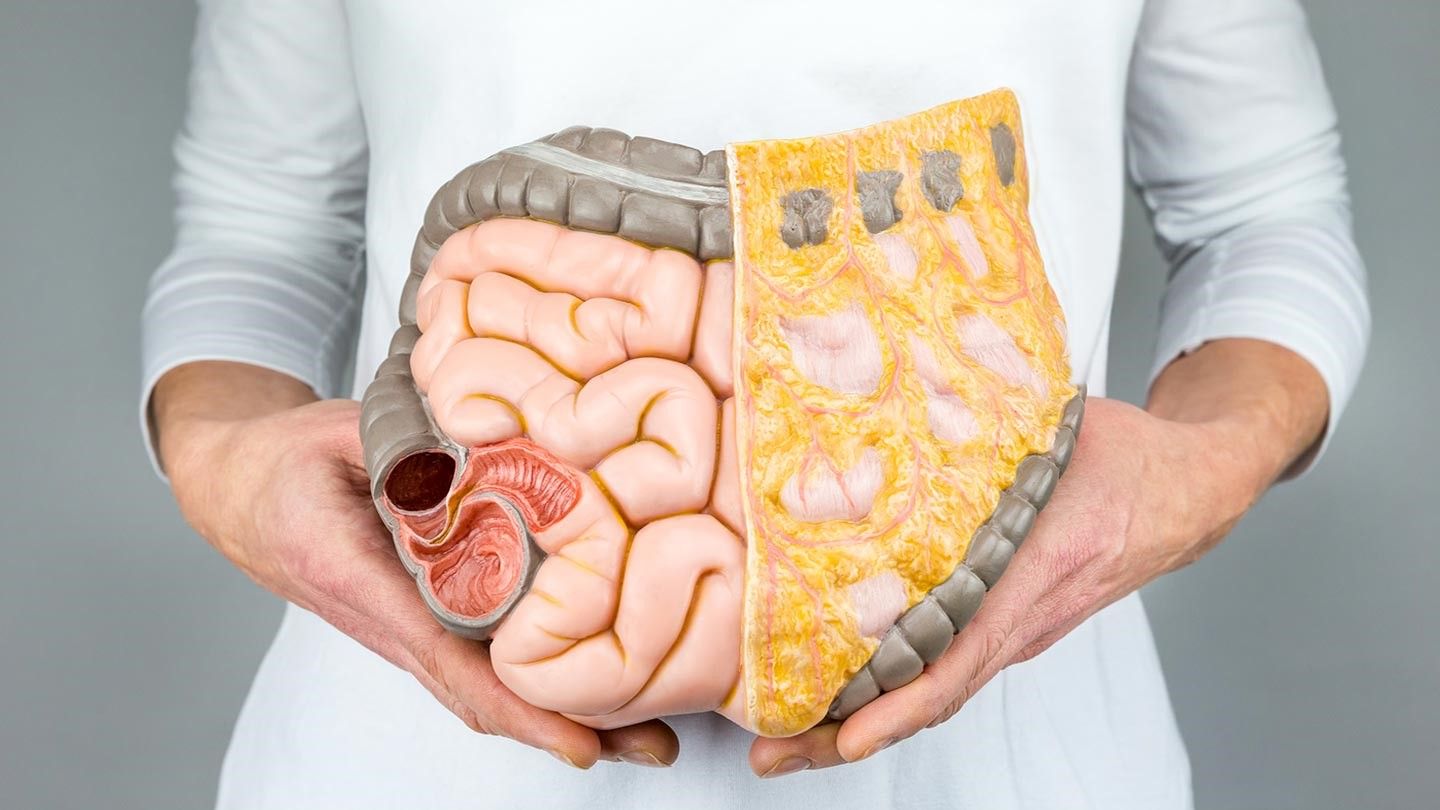Diabetes is a group of chronic conditions that affect how the body uses sugar. Most of the food we eat breaks down into glucose, also known as blood sugar. When someone has diabetes, their body doesn’t make enough insulin or stops responding to insulin, allowing too much sugar to stay in the bloodstream.
How Doctors Detect Diabetes
The most common way to detect diabetes is through a blood test to measure glucose levels. Diabetes often develops slowly, but the human body will give off signs that can indicate blood sugar levels are too high. These signs can include but are not limited to:
- Extreme thirst
- Excessive urination
- Fatigue
- Slow-healing sores
- Frequent infections
According to Tandem Diabetes, “Finding the right infusion set is an important part of successful insulin pump therapy, which is why we offer different options.”
Types of Diabetes
Generally, medical professionals classify diabetes into three main types: Type I, Type II and gestational. Scientists also recognize a fourth classification called prediabetes.
Type I
Unlike other types of diabetes, Type I develops quickly and is thought to be an autoimmune reaction and is usually diagnosed in children, teens and young adults. About 5% to 10% of those with diabetes suffer from Type I. Those having Type I need to take insulin daily to survive.
Type II
People with type II diabetes can’t maintain normal glucose levels as their bodies don’t use or manufacture insulin properly. It is usually diagnosed in older adults, but overweight teens and young adults are increasingly diagnosed. Healthy lifestyle changes can prevent or delay Type II.
Gestational
This Type of diabetes develops in pregnant women who have never had diabetes and puts the baby at greater risk for health problems. Gestational diabetes goes away after birth, but women who have it are at greater risk of developing type II later in life.
The Negative Effects of High Glucose Levels
High blood sugar produces various long-term effects that can seriously affect your health. For example, when you have high glucose, your body can’t effectively turn the food you eat into the energy you need to survive. However, being unable to turn food into energy properly affects the function of many different organs and systems in the body.
Diabetes is a comorbid condition, meaning that obese or seriously overweight people have more difficulty maintaining proper blood sugar levels. However, maintaining a healthy weight and limiting simple carbohydrates in your diet are among the steps you can take to limit or even reverse the effects of type II diabetes, which affects about 90% to 95% of those who have the affliction.
What are the Most Common Diabetes-Related Problems?
Many problems associated with diabetes can result in severe disabilities or even death, which is why patients should maintain healthy blood sugar. Complications include:
- Cardiovascular problems, including stroke and heart attack
- Peripheral nerve damage
- Kidney disease
- Vision problems
- Slow healing
- Skin and foot problems
You can control your diabetes, listen to physician recommendations and make lifestyle changes that will lead to better health. An expert will guide you through the process and address the changes you need to make to get positive results.

